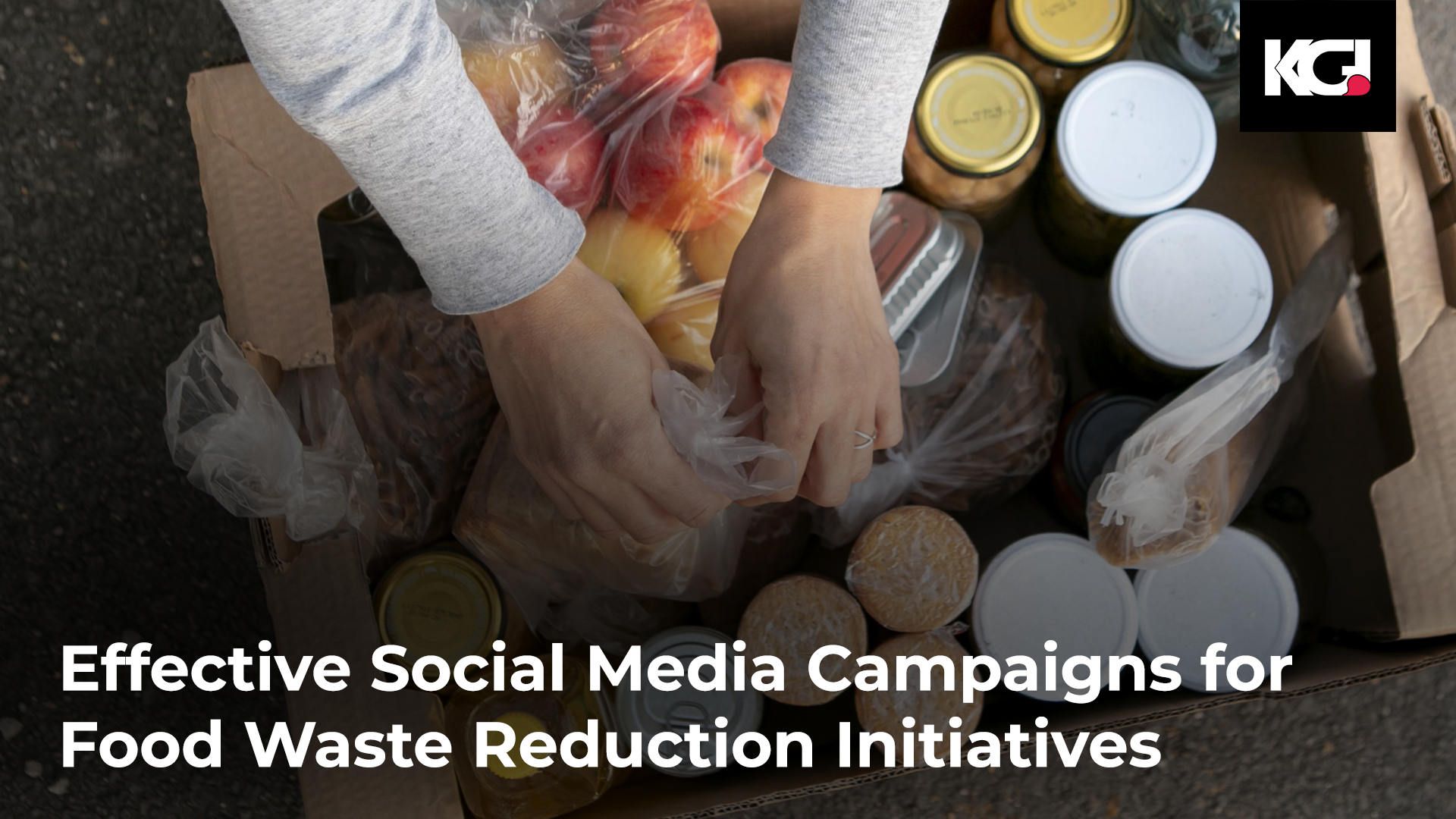Food waste is a global issue with significant environmental, social, and economic implications. In Saudi Arabia, where culinary traditions and hospitality are deeply rooted, addressing food waste is not only a moral imperative but also a practical necessity. Leveraging the power of social media can play a pivotal role in raising awareness and promoting food waste reduction initiatives across the Kingdom. In this article, we will explore the importance of effective social media campaigns for combating food waste in Saudi Arabia and provide actionable insights on how to launch impactful campaigns that resonate with the local audience.
Understanding the Food Waste Challenge in Saudi Arabia
Before diving into social media strategies, it’s crucial to grasp the extent of the food waste problem in Saudi Arabia. According to a report by the Ministry of Environment, Water and Agriculture, the Kingdom wastes over 427 kilograms of food per person annually. This staggering figure underscores the urgency of addressing food waste on multiple fronts, and social media campaigns can be a potent tool in this endeavor.
Set Clear Objectives
Define the specific goals of your social media campaign. Is it to raise awareness, educate the public, encourage behavior change, or promote a food recovery program? Having clear objectives will guide your campaign strategy.
Tailor Content to the Local Culture
Saudi Arabia has a rich culinary heritage, and food is deeply intertwined with the culture. Incorporate local traditions, recipes, and values into your campaign content to make it relatable and resonate with the Saudi audience.
Collaborate with Influencers
Collaborating with local social media influencers who are passionate about sustainability and food can amplify your campaign’s reach. Influencers can create engaging content and connect with their followers on a personal level.
Leverage Visual Storytelling
Use visually compelling content such as infographics, videos, and images to tell a compelling story about food waste. Showcasing the journey of food from farm to table and highlighting the impact of waste can be powerful.
Educate and Offer Solutions
Raise awareness about the consequences of food waste and provide practical tips for reducing it. Offer solutions that individuals and businesses can implement, such as meal planning, proper storage, and donation programs.
Engage Your Audience
Encourage user-generated content by creating challenges or campaigns that invite the audience to share their own food waste reduction efforts. Respond to comments and messages promptly to foster a sense of community.
Measure and Adjust
Use analytics tools to track the performance of your social media campaign. Monitor engagement, reach, and conversion rates. Based on the data, adjust your strategy to maximize impact.
Collaborate with Local Organizations
Partner with local NGOs, businesses, and government agencies working on food waste reduction. Collaborative efforts can amplify the message and create a unified front against food waste.
Sustain the Momentum
Food waste reduction is an ongoing effort. Keep the momentum going by periodically revisiting and refreshing your social media campaigns. Celebrate successes and share progress with your audience.
Celebrate Achievements
Recognize and celebrate milestones and achievements in food waste reduction. Share success stories and highlight the positive impact of your campaign. This can motivate others to join the cause.
In conclusion, In Saudi Arabia, where the love of food and hospitality is deeply ingrained in the culture, social media campaigns can be a powerful catalyst for reducing food waste. By tailoring content to the local culture, collaborating with influencers, and providing actionable solutions, you can engage and mobilize the Saudi audience to embrace food waste reduction initiatives. Remember that change takes time, and a sustained effort is necessary to create a lasting impact. With effective social media campaigns, Saudi Arabia can take meaningful steps toward a more sustainable and responsible approach to food consumption and waste.


